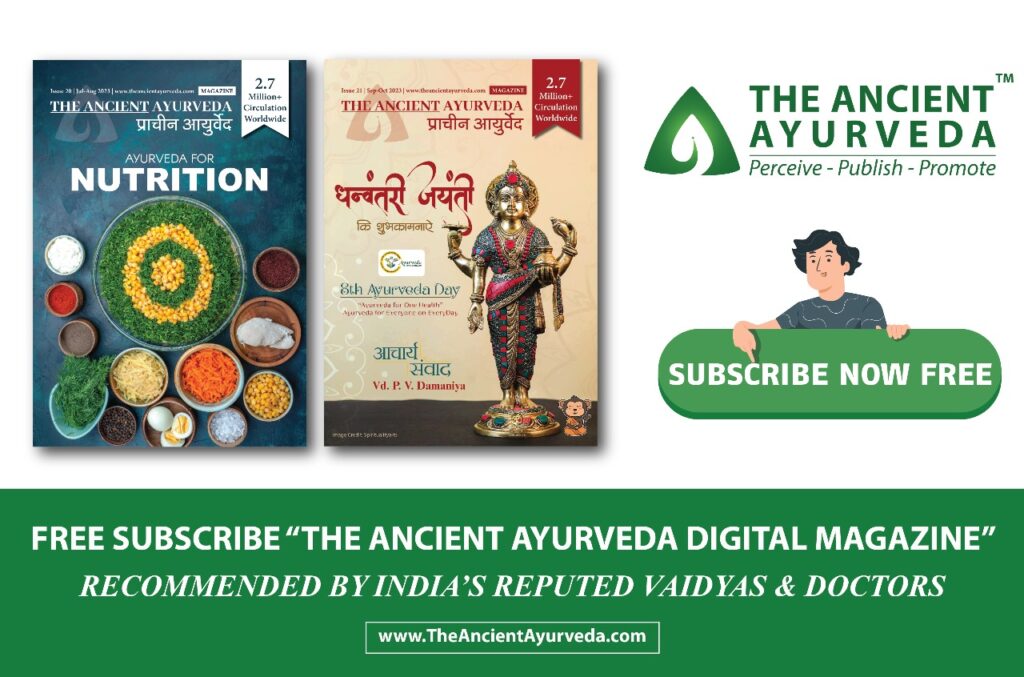In today’s current scenario when we talk about women, it’s not only about the household chores they do, giving birth to child and upbringing of child but it has changed to managing household work along with her child and office job. With this change, comes the various changes in a women’s life like increase in the age of marriage, change in the diet from home cooked food to junk food, increased stress levels, having no time for herself leading to various physical and mental disturbances in their lives. A woman’s physical as well as mental health condition is best determined by the periods or menses they have every month which further depends on her diet and lifestyle. If a female is getting her periods normally she is considered healthy. Among various disorders regarding menstrual cycles (periods), one of the most common disease seen in today’s generation is PCOD – Polycystic ovarian disease in which patient complains of irregular menses generally increased interval of menses, weight gain, scanty menses, hypothyroidism, excessive hair growth on chin, acne, black pigmentation on nape of neck, hairfall, diabetes mellitus. According to WHO data, PCOD affects an estimated 8-13% of reproductive aged women and is commonest cause of anovulation & a leading cause of infertility, associated with a variety of long term health problems that affect physical and emotional well being. PCOD is nothing but a disease syndrome caused due to change in the normal hormone levels necessary for normal menstrual regulation which is further regulated by the diet and lifestyle we follow. So it can be rightly said that PCOD is caused due to the faulty diet and lifestyle of a woman or girl.
Few months back in Prasuti Tantra & Stri Roga OPD, among various patients, I remember one patient came with complaint of irregular menses with increased interval of 35-40 days & constipation since 2 years with previous menstrual history regular. On further enquiry, I came to know that she was a known case of PCOD detected on ultrasonography and also suffering from acidity problem. She was unmarried and by profession she was an IT worker who has to work on laptop for hours day and night with a lot of stress which justifies the cause for the disease.
In Ayurveda, treatment is done on the basis of Dosha, Dushya, Srotas etc. so after examining the patient thoroughly (Dashavidha Pariksha in Ayurveda), the treatment was started but the importance is also given to the cause hidden behind the disease i.e. stress. So, the first advice given by me as an Ayurvedic physician was to avoid stress by reducing your time on laptop, and also try to do meditation, Pranayama, following your interests, hobbies and avoiding night awakening as much as possible. I also told her to avoid spicy, fried, sour, curd, cheese, maida, besan, junk food, fermented food items and advised her to take seasonal vegetables and fruits only. I told her the treatment in Ayurveda works not only by medicines but it goes hand in hand with your diet and lifestyle including mental status.
The medicines I prescribed her were Kanyalohadi vati, Shatavari powder, Avipattikar powder and Sukumar Kashaya to be taken orally. I also suggested Panchkarma (Virechana) to her but she refused for the same due to her professional work as it needed admission in hospital. After 1 and a half month of treatment, menses started coming regularly thereafter she followed all the advice given by me and took all the medicines continuously for 3 months. On repeating the ultrasonography, PCOD was not seen and her all symptoms like irregular menses, constipation, acidity were also not there.
So, it can be concluded from this case study that first PCOD is a lifestyle disorder which need not only medicines but requires healthy diet and lifestyle, if I say more precisely not only PCOD but also any disturbances in menses needs healthy diet and lifestyle and second Ayurvedic medicines can be used to cure PCOD completely.

